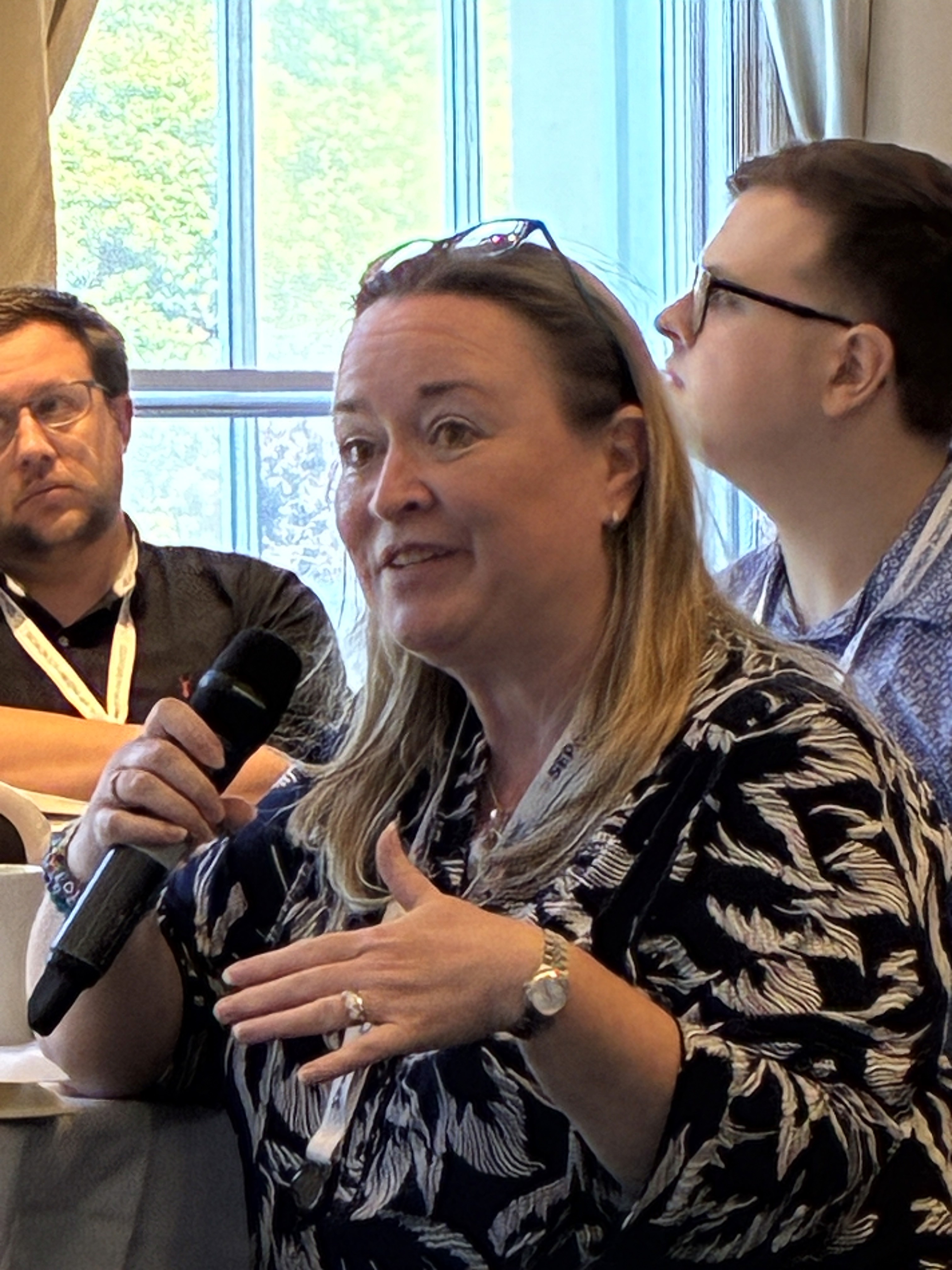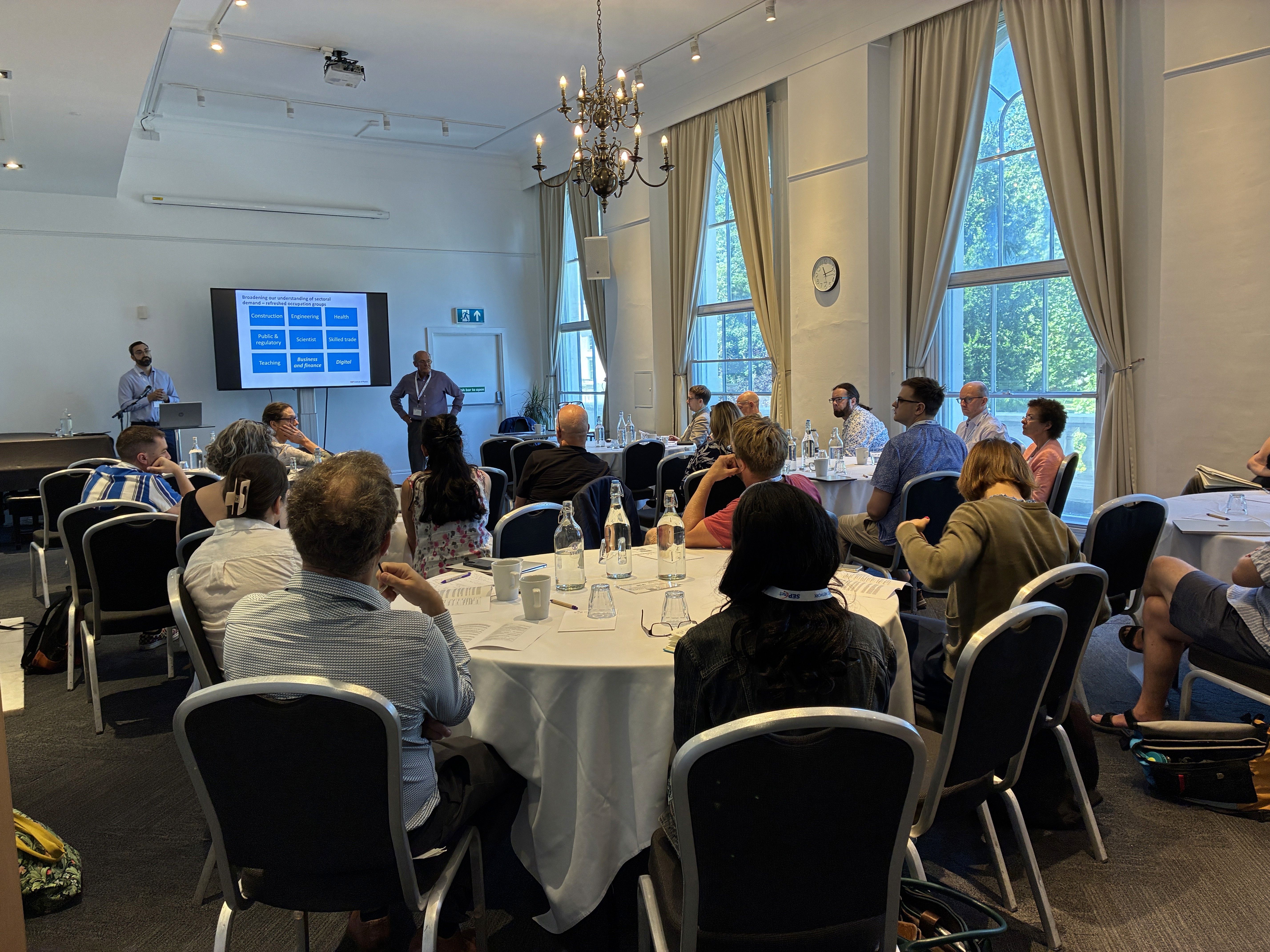10 Jul 2025
Claire
Hepwood
WRIPA
Employability
Employers
graduates
Physics-Industry Collaboration: Exploring the gap between Physics Students and Graduate Jobs
Thursday 10 July 2025, International Student House, London W1W5PN
Supported by the Institute of Physics
Chaired by Professor Sir William Wakeham
From last year’s meeting High Fliers Research presented a ‘snapshot’ of the career readiness, expectations, and aspirations of the graduating class of 2024. The research identified several key themes when comparing physicists to students from all other degree subjects. Firstly, physicists were less likely to engage in careers skills sessions and so less prepared for job hunting. Secondly, the data suggested physicists were less aware of how their skills ‘translate’ to different graduate careers. As a result, physicists had less success in applying for graduate roles than their subject peers.
To navigate the complexities of today’s job market and to adapt to new recruitment technologies physics students need self-awareness of their degree skills and to grasp how their skills and attributes fits the graduate job market. This remains a challenge, summed up by a quote from a York physics student who had recently attended an interview for a graduate technical role:
The IOP’s recent new research on the critical role of physics skills reveals that while they underpin productive industries in every part of the UK, there is still significant unmet demand for these skills which is impacting employers’ ability to grow and innovate.
In this context SEPnet and WRIPA are hosting a one-day meeting to explore how rapid technological advancements and shifting market demands are shaping the associated workforce skills needs, employer recruitment processes and what this means for the teaching and assessment of degree-level physics.
We will hear from the IOP about how they are tackling the skills shortage and opening up opportunities to Physicists from all backgrounds, and how they can support academics to make changes to their embedded employability to encompass current innovations and meet new skill demands.
We will also share best practice examples, in physics and other disciplines, on how to effectively embed curricular employability skills. and This meeting is also an opportunity for employers to find out how the physics curriculum is evolving to meet these needs and for academics to hear first hand the skills employers are currently looking for.
Detailed programme and copies of the presentations can be found here.








